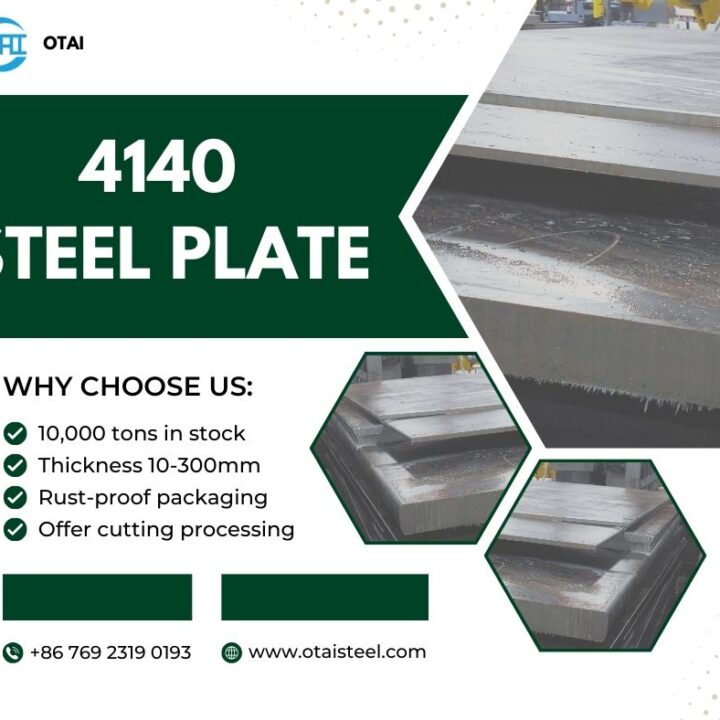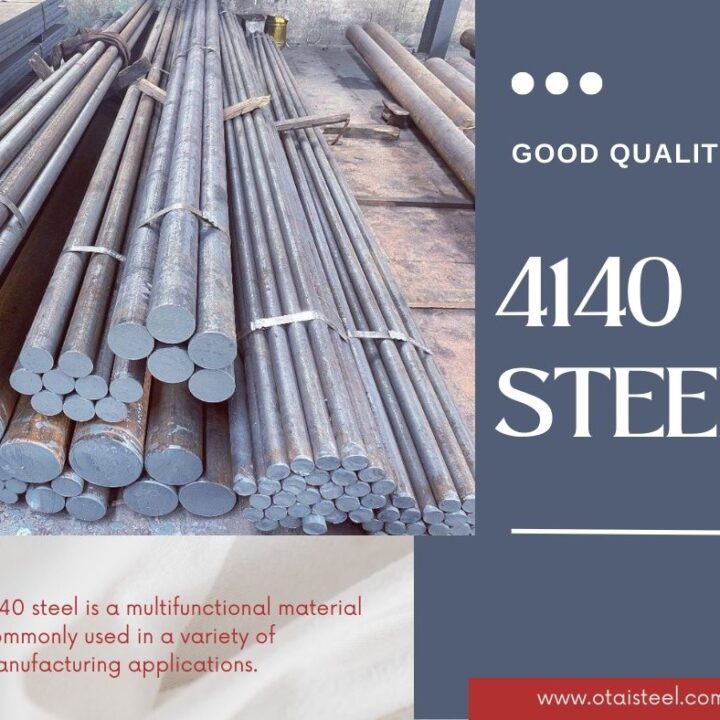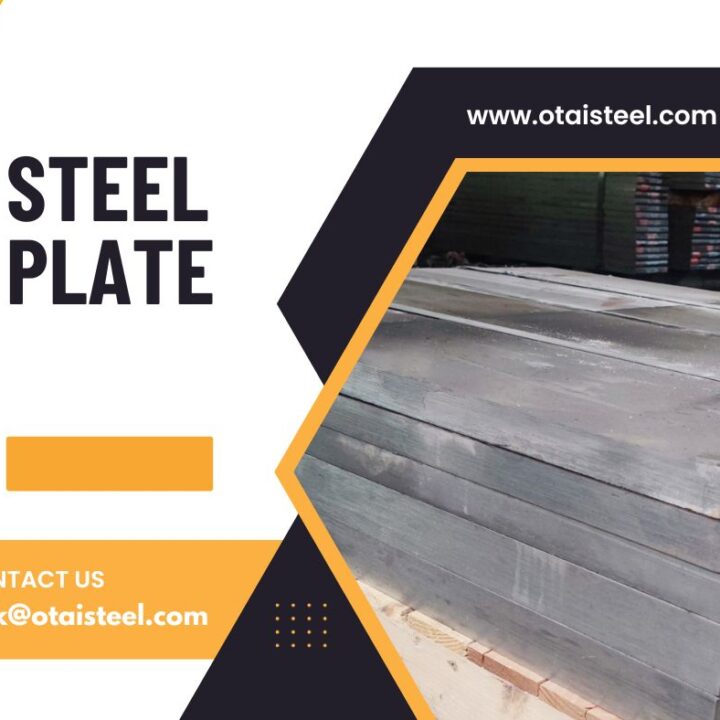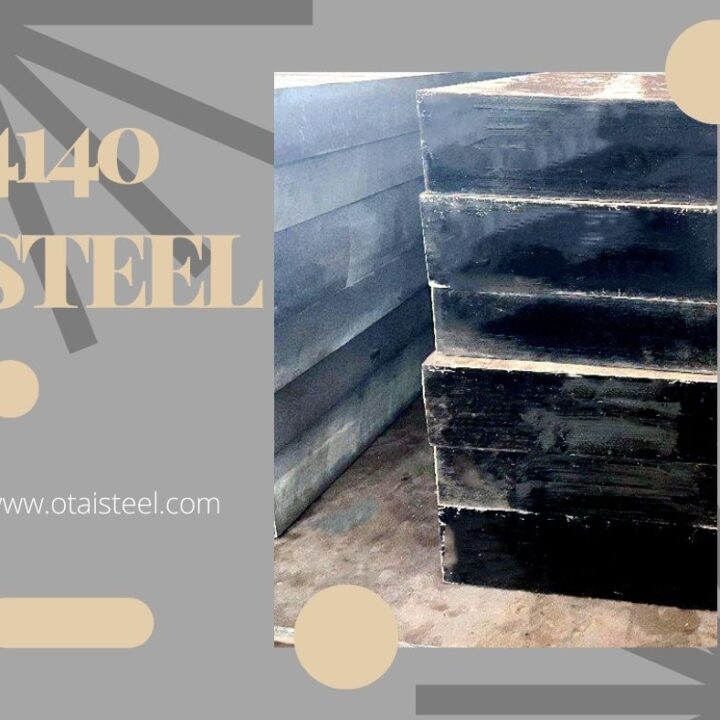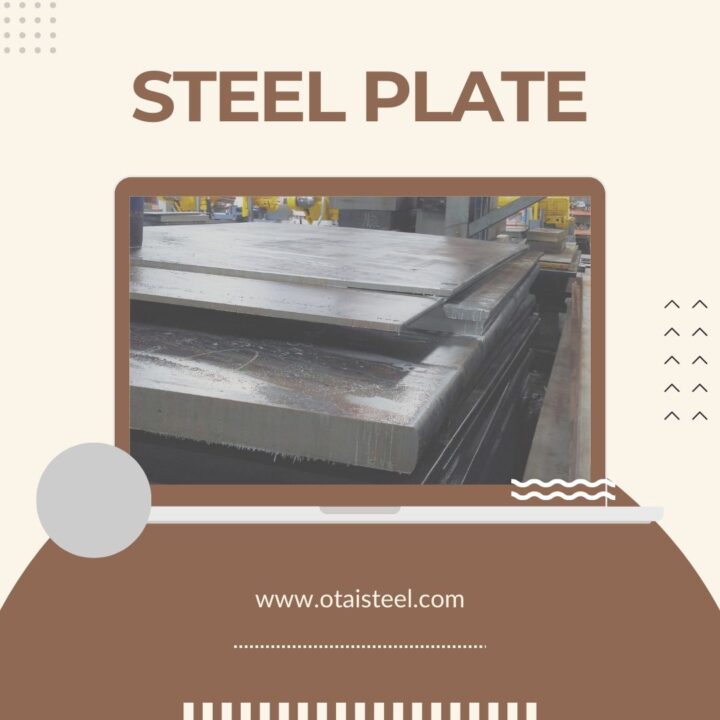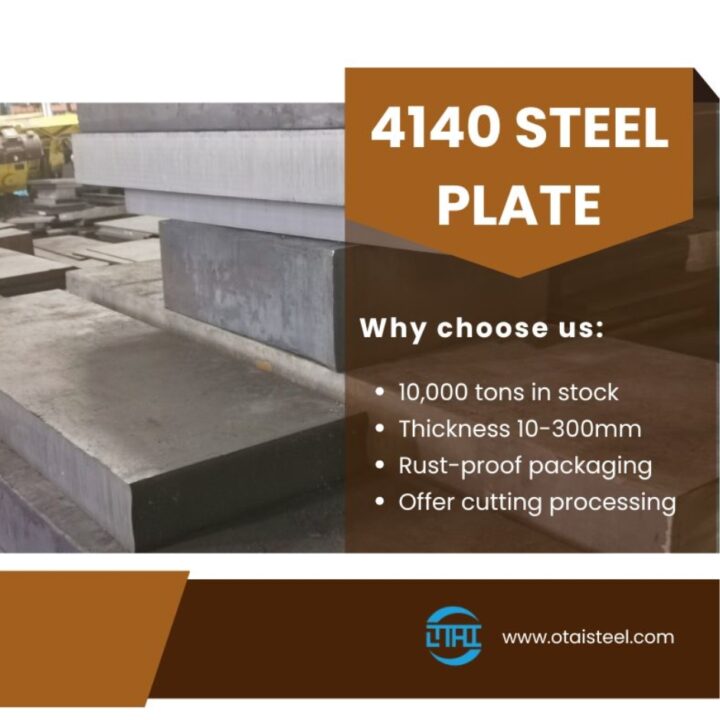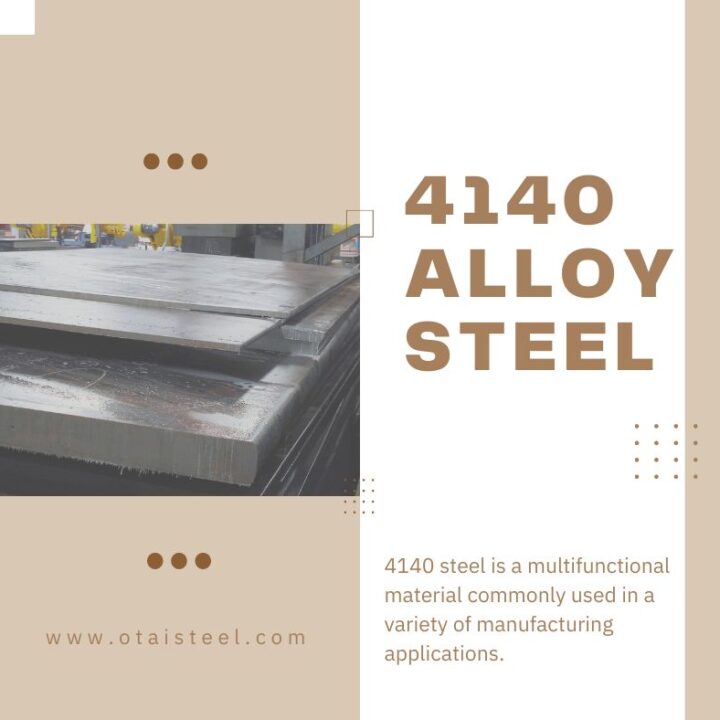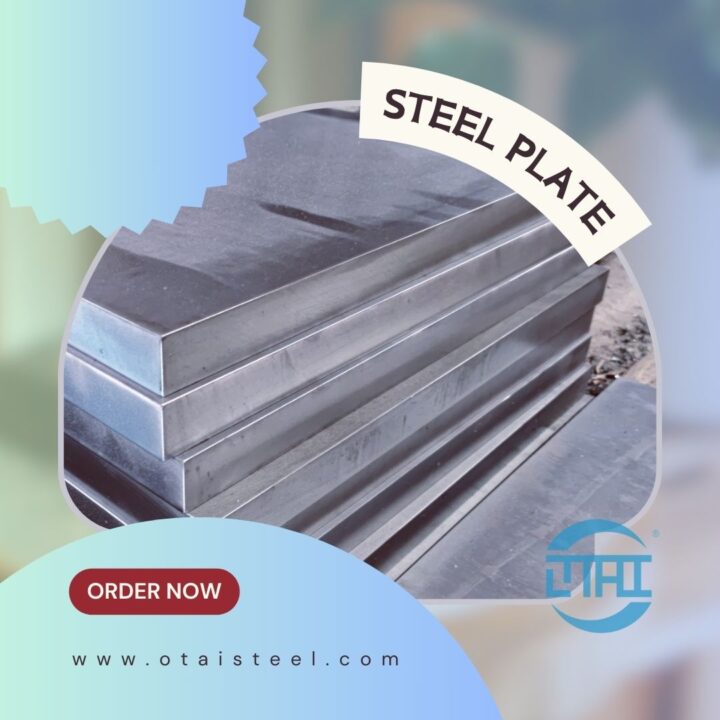Before diving into the details of mold fabrication, it’s important to understand the basics of plastic injection molding. This process involves injecting molten plastic into a mold cavity under high pressure. The plastic material solidifies inside the mold, taking its shape, and is then ejected to produce the final product.
Molds act as the negative of the desired part and play a pivotal role in determining the quality, accuracy, and finish of the final plastic component. The selection of an appropriate mold material is critical as it needs to withstand the demanding operating conditions of the injection molding process.
Advantages of Using 4140 Steel in Mold Fabrication
When it comes to mold fabrication, 4140 steel offers several advantages. Firstly, its high hardness and toughness make it suitable for withstanding the mechanical stresses and pressures experienced during the injection molding process. It also exhibits good heat resistance, ensuring dimensional stability and preventing deformation of the mold.
Secondly, 4140 steel has excellent machinability, allowing for intricate mold cavity designs with fine details. This enables the production of complex plastic parts with high precision and accuracy. Additionally, the material’s good wear resistance prolongs the lifespan of the molds, resulting in cost savings and increased productivity. (Use of 4140 Steel)
Heat Treatment of 4140 Steel Molds
Heat treatment is an essential step in the fabrication of molds using 4140 steel. It involves processes like quenching and tempering to optimize the material’s hardness, strength, and toughness. The precise heat treatment parameters depend on the specific requirements of the mold and are crucial in achieving the desired material properties.
Maintenance and Care of 4140 Steel Molds
Proper maintenance and care of 4140 steel molds are vital for their longevity and performance. Regular cleaning, lubrication, and inspection help prevent issues such as corrosion, wear, and surface damage. Implementing a preventive maintenance program ensures that the molds operate optimally and deliver consistent results throughout their service life.
Limitations of 4140 Steel Molds
Despite its many advantages, 4140 steel molds have certain limitations. The material’s high hardness can make it challenging to machine and may require specialized equipment and tooling. Additionally, the cost of fabricating molds from 4140 steel can be higher compared to some other materials. However, when considering the long-term benefits and overall performance, these limitations are often outweighed by the advantages of 4140 steel.
The use of 4140 steel in the fabrication of molds for plastic injection molding offers numerous advantages. Its exceptional properties, including high strength, toughness, machinability, and wear resistance, make it an ideal choice for withstanding the demands of the injection molding process. Proper heat treatment and maintenance ensure optimal performance and longevity. While there are alternative mold materials available, 4140 steel stands out as a reliable and cost-effective option for achieving high-quality plastic components.
